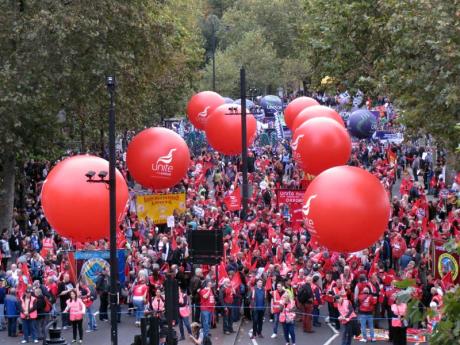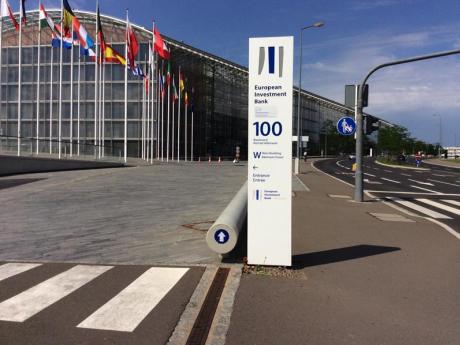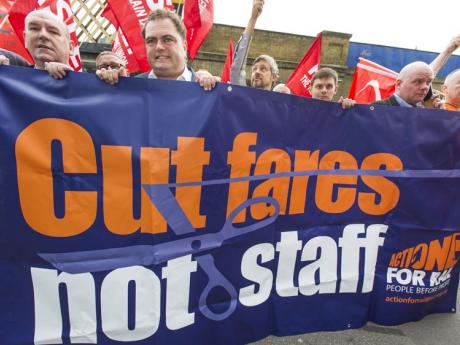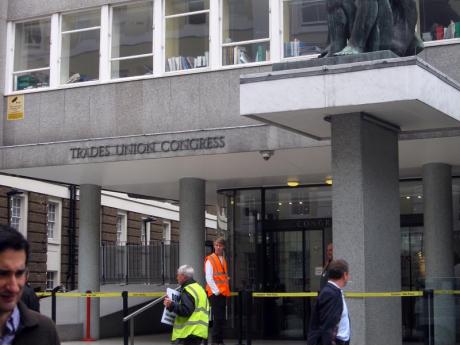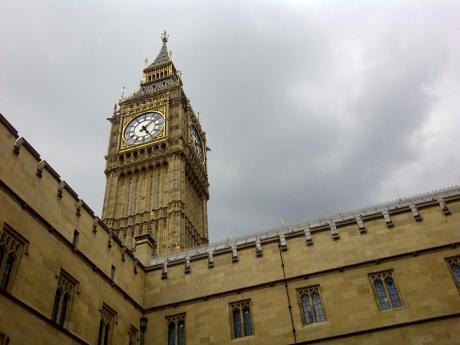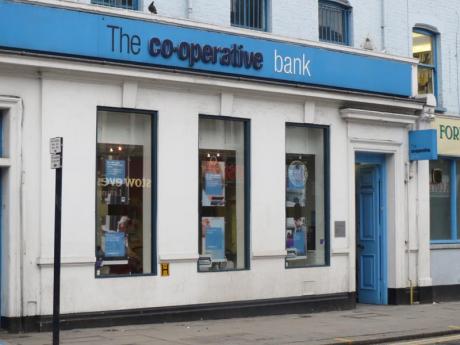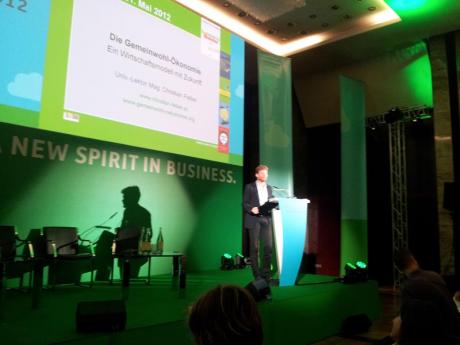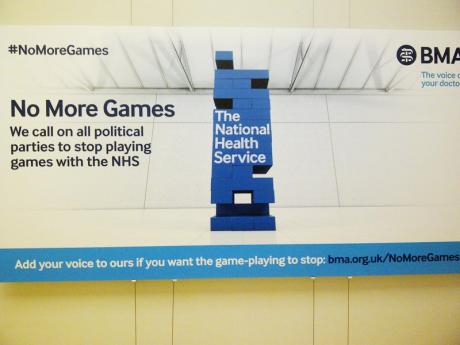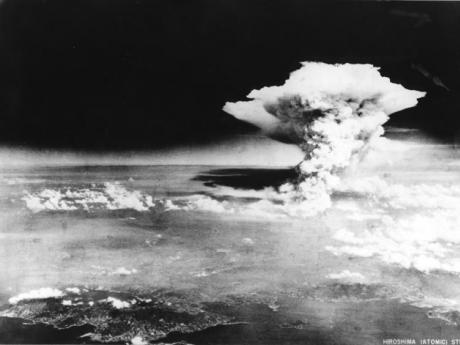They want us to disarm and surrender
The Trade Union Bill announced in the Queen’s Speech has resurrected every wish-list governments ever had of smashing the working class. It embodies every anti-worker measure they’ve previously tried to implement and every shred of vindictive class hatred they have had in their ranks reaching back to day one of modern capitalism.

